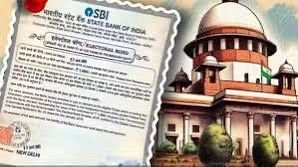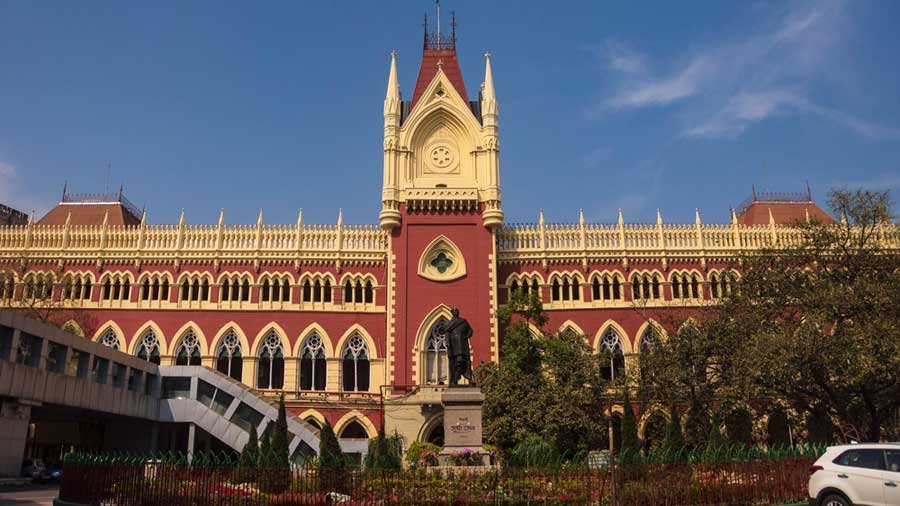A plea has been submitted to the Supreme Court, urging the disclosure of details regarding the electoral bonds sold from March 1, 2018, to April 11, 2019. Currently, the Supreme Court has mandated the revelation of electoral bonds sold between April 12, 2019, and February 15, 2024. The applicant, “Citizens for Rights Trust,” contends that 9,159 bonds amounting to Rs 4002 crores were sold during the earlier period and should also be made public. They are seeking an order for the State Bank of India to share information on bonds sold and redeemed from March 1, 2018, to April 11, 2019, including details like alphanumeric codes, purchase dates, denominations, and the identities of donors and parties involved in the Electoral College. Once this data is obtained from SBI, the Election Commission of India is urged to publish it on their website. Citing a news report from Scroll.in based on an RTI application, the applicant highlights that SBI has issued 28,030 bonds worth Rs 16,518 crores since March 2018. However, only information pertaining to 18,871 bonds totaling Rs 12,516 crores (issued between April 12, 2019, and February 15, 2024) has been shared by SBI and subsequently uploaded by the Election Commission of India.
The applicant emphasized that information regarding 9,159 bonds amounting to Rs. 4,002 crores has not been disclosed. They highlighted the significance of April 12, 2019, when the Supreme Court issued an interim order directing the Electoral Commission to provide details of political parties’ donations through Electoral Bonds in a sealed cover. Subsequently, on February 15, the Supreme Court declared the Electoral Bonds scheme unconstitutional and ordered the State Bank of India to disclose details of bonds sold from April 12, 2019. The Election Commission of India was also instructed to upload the details submitted to the Supreme Court in sealed covers onto its website. The applicant, who had previously intervened in the Electoral Bonds case, argued that since the Bond Scheme was deemed unconstitutional, voters have the right to know the details of all purchases from its inception.
The application filed by Advocate-on-Record Sneha Kalita stated, “Once the entire Electoral Bond Scheme is deemed to be in violation of Article 19(1)(a) of the Constitution, citizens have the right to access details of donors and recipients from March 2018 onwards, the date when the scheme commenced. The data currently available on the Election Commission’s platform only covers 76% of the total bonds sold, leaving voters unaware of the details of the remaining 24% of Electoral Bonds.”
The Constitution Bench of the Supreme Court, headed by Chief Justice of India DY Chandrachud, is set to hear the Electoral Bonds case tomorrow, aiming to determine whether the State Bank of India (SBI) should disclose the unique numbers associated with the bonds. On Friday, the Court expressed dissatisfaction with the SBI’s failure to disclose the bond numbers, which are essential for linking donors with recipients. The Court orally observed that the bond numbers must also be disclosed and issued notice to the SBI accordingly.



